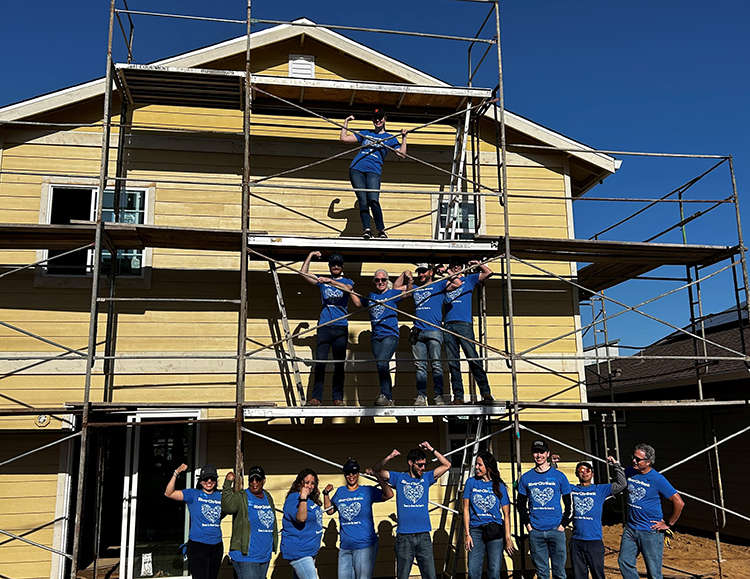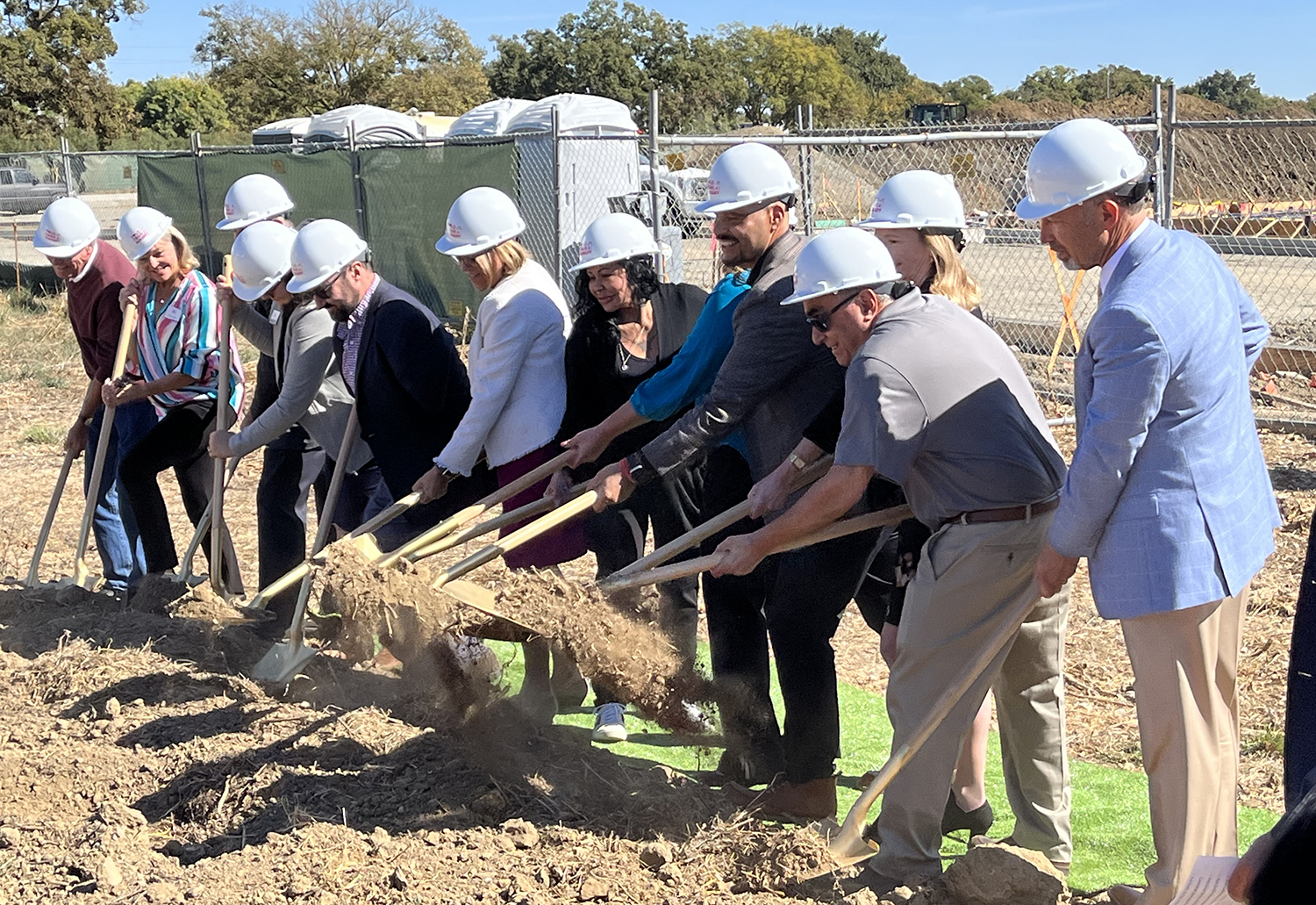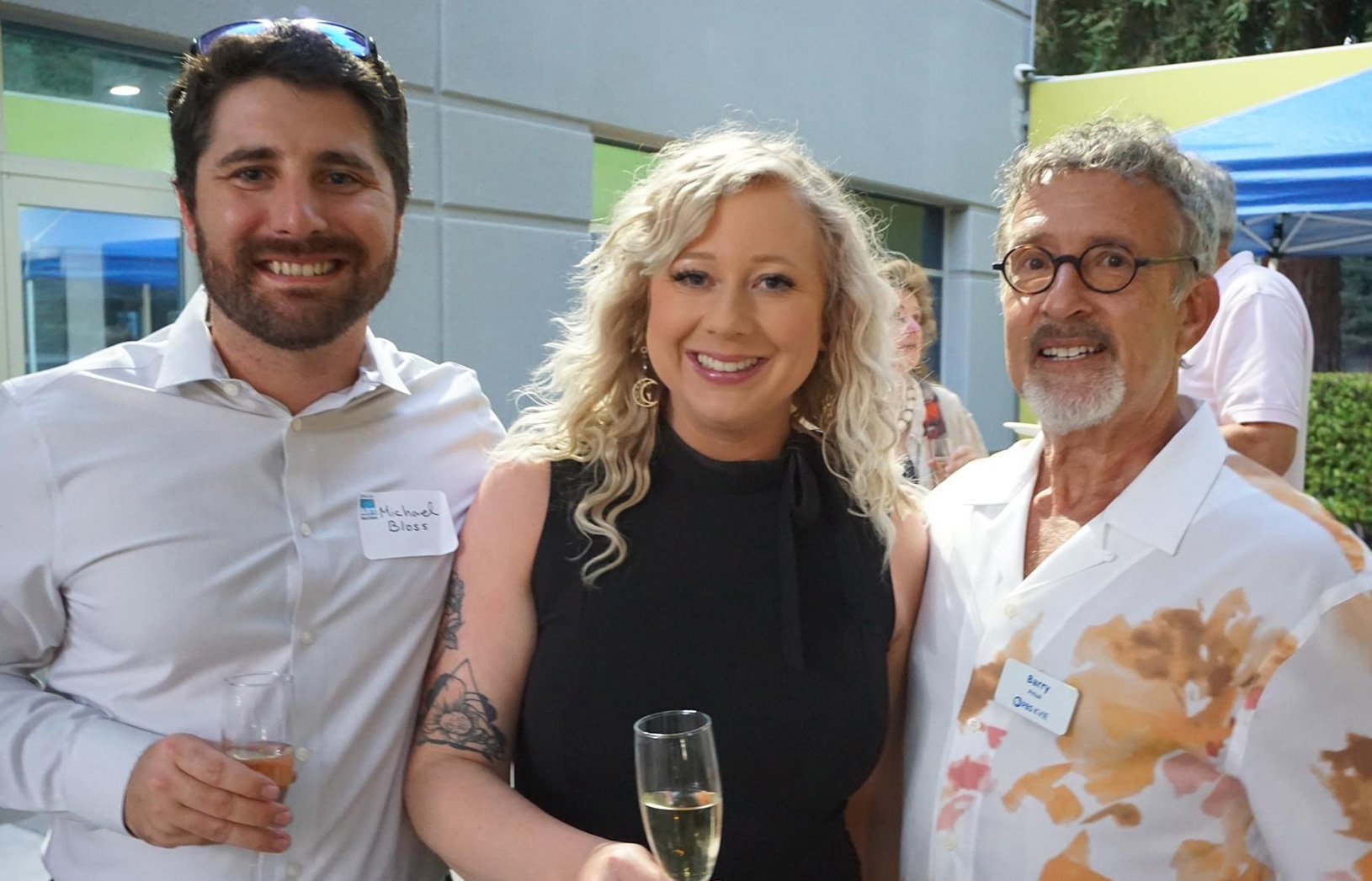By Rebecca Fabisch Miller, Executive Vice President and Commercial Banking Director, River City Bank

Anyone who has worked with a nonprofit knows they can be particularly vulnerable to economic conditions and unforeseeable events. Today’s environment presents both of these challenges.
California nonprofit boards and their teams are facing not only an increased demand for services in the face of stubborn inflation, but they must also carefully manage their cash like never before.
This is precisely where your banker can be a vital and trusted adviser. Indeed, many organizations are flush with cash these days, and with increasingly attractive interest rates, that money must be put to work by their boards. But not all nonprofit boards and their executive teams have the time and expertise to research the most lucrative cash strategies, best practices in fraud protection, or ways to maximize their banking relationships.
As a banker and a nonprofit board member, I find these issues hit close to home. In addition to providing vital resources to our community, the nonprofit sector is the fourth-largest employer in California, paying $74 billion in annual wages, according to the Impact Foundry. Such prudent financial management is also important to our local economy.
Here are three areas that demand attention from nonprofit boards and executive teams.
1. Cash and investment strategy
It’s always surprising to me just how few nonprofit organizations have written financial management policies. This is troubling because board members have a fiduciary responsibility to ensure that the organization’s funds are both maximized and handled in a safe and secure manner. That’s why it’s so important to get an investment policy in place if you don’t have one, or if it is not included in your bylaws.
These days and in this inflationary cycle, cash is king. Designing an investment plan for your money is vital to developing a strategy for putting your funds to the best use. But safety must come first. We all know that individual deposit accounts are insured up to $250,000 in banks that are members of the Federal Deposit Insurance Corp. But by talking with the right banking partner, nonprofits can safeguard considerably more than that. For example, at River City Bank, one of our special programs allows you to safely invest as much as $150 million in our bank with full FDIC insurance.
Money market accounts and certificates of deposit are now delivering interest rates that can generate sizeable interest income for an organization. Nonprofits should take the time to forecast how much of their reserves can be invested, for how long, and in what products to maximize returns.
To assist with this, we’re proud to provide the products and services that these clients need and want. As Kenn Altine, CEO of the Sacramento SPCA, told me: “River City Bank found a way to help us earn more money on the money we have, which our former, national bank never offered. Now, even money in our checking account is earning a rate that helps us maximize our dollars. We don't want to take risks with that money, but we also want to maximize our ability to increase that money.”
2. Fraud Protection
Every organization, whether it’s a foundation or a for-profit organization, is at risk of fraud. In fact, the median loss due to fraud at a charitable group in 2022 was $78,000, according to Occupational Fraud 2022: A Report to the Nations. No one wants that on their watch. Make sure your organization takes advantage of fraud protection tools such as check and ACH positive pay, uses dual control when initiating payments, and has strong audit standards, including a bifurcated review of statements.
Cybersecurity training is also essential. It’s important that all your employees and board members are kept up to date with knowledge about how to spot common cyber scams. Nonprofits are often targeted by cybercriminals who want your data, or money, or both. Hackers are now looking, not just for personal or financial data, but to lock down your entire computer system and hold it for ransom. And these criminals are clever. In fact, as a nonprofit treasurer, I received a phishing email earlier this year that appeared to come from the group’s chairman. I didn’t click on any links and phoned the so-called sender to verify my hunch. It was, indeed, fraud. Your board and staff need a similar sensitivity.
3. Your banking relationship
As a 30-year banker, I can tell you that we are often an underused asset at nonprofits. Not all bankers are community-focused, but many are – or certainly should be. By bringing their experience and expertise, bankers can be valuable members of committees and boards, while encouraging their colleagues to volunteer.
At River City Bank, we strive hard to make this a reality throughout our communities. It is why we are so proud to have donated almost $10 million in local grants in association with the Kelly Foundation, created by the family of the bank’s founder. And through these efforts, we believe we are succeeding in helping improve the lives of our neighbors and our employees.
“From a relationship management perspective, River City Bank truly cares about their clients and the people that they work with,” said Leah Miller, president and CEO, Habitat for Humanity of Greater Sacramento. “I see that from not just a client perspective, but also in the ways that they invest their time and their energy as volunteers and supporting our various efforts.”
To learn more about our commitment to nonprofit organizations in our communities, or to inquire how we might provide services that support your mission, please visit us here or contact one of our relationship managers at (916) 567-2899.
With assets of over $4.3 billion, River City Bank is the largest independent and locally owned and managed bank in the Sacramento region. With a 50-year track record of success, eight branches, an office in San Francisco, and a presence in Southern California, the bank is rated as one of the strongest in the country.
MEMBER FDIC
Rebecca Fabisch Miller has spent her 30-year commercial banking career in Sacramento, working as a relationship manager and regional director at several major banks. She earned her MBA from the University of California, Davis and has an undergraduate degree in international business and marketing from California State University, Sacramento. She is the treasurer for the California Forest Foundation and has been involved with many local charities.



